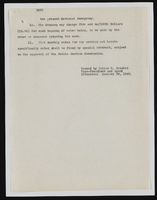Search the Special Collections and Archives Portal
Search Results
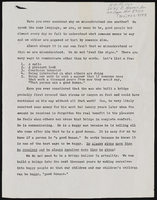
Charles Rozaire correspondence about Falcon Hill
Date
1974-11-21
1974-12-10
1974-12-23
1973-12-07 (uncertain)
1973-04-17
1973-03-27
1973-04-11
1970-07-31
1970-08-31
Archival Collection
Description
Correspondence between Charles Rozaire and Richard Shutler about the unfinished Falcon Hill report. Newspaper clippings about the resignation of Dr. Thomas Layton as director of the Nevada State Museum.
Text
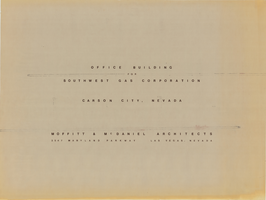
Southwest Gas Corporation office building: title sheet for architectural drawings
Date
1974-08-18
Archival Collection
Image
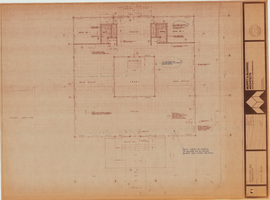
Southwest Gas Corporation office building: floor plan architectural drawing
Date
1974-08-18
Archival Collection
Image
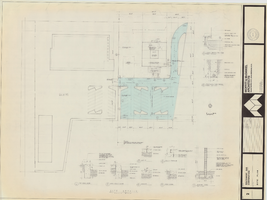
Southwest Gas Corporation office building: site plan architectural drawing
Date
1974-08-18
Archival Collection
Image
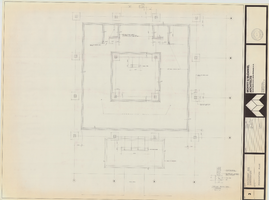
Southwest Gas Corporation office building: foundation plan architectural drawing
Date
1974-08-18
Archival Collection
Image
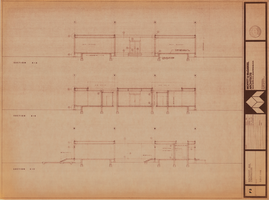
Southwest Gas Corporation office building: section a, b, and c architectural drawing
Date
1974-08-18
Archival Collection
Image
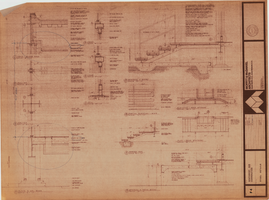
Southwest Gas Corporation office building: steel details architectural drawing
Date
1974-08-18
Archival Collection
Image
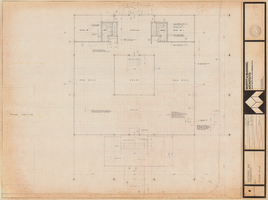
Southwest Gas Corporation office building: floor plan architectural drawing
Date
1974-08-18
Archival Collection
Image

Southwest Gas Corporation office building: elevations architectural drawing
Date
1974-08-18
Archival Collection
Image
Pagination
Refine my results
Content Type
Creator or Contributor
Subject
Archival Collection
Digital Project
Resource Type
Year
Material Type
Place
Language
Records Classification

